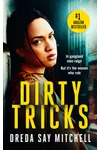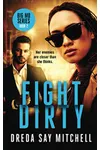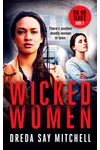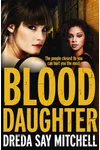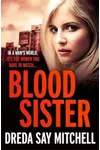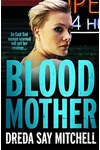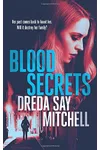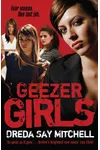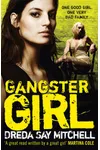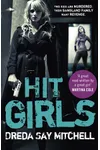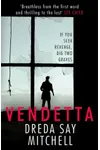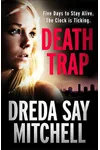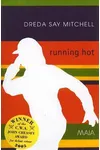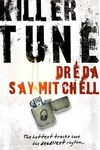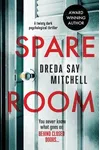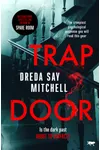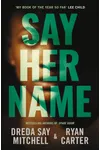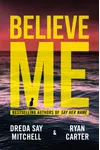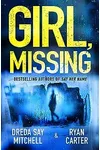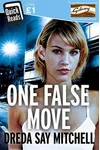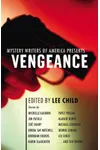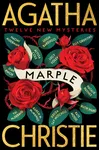Picture a storyteller who spun gritty tales from London’s East End, weaving crime, culture, and resilience into every page—meet Dreda Say Mitchell! This award-winning British crime novelist, born to Grenadian parents, transformed her tough council estate roots into gripping thrillers that pulse with authenticity. From her debut novel to her advocacy for young dreamers, Mitchell’s journey is as captivating as her stories.
The Making of Dreda Say Mitchell
Born Louise Emma Joseph in 1965 in London’s East End, Dreda Say Mitchell grew up on a council estate where survival demanded grit. Her parents, immigrants from Grenada, instilled a love for learning despite their own limited schooling. Regular trips to Whitechapel Library sparked Mitchell’s passion for stories, while her athletic prowess as a shot-put champion hinted at her fierce determination. After earning a BA in African History from SOAS and an MA in Education, she spent 25 years as a teacher and education consultant, championing kids from marginalized backgrounds.
Mitchell’s writing career kicked off unexpectedly during a creative writing course at Soho’s Groucho Club. Her debut novel, Running Hot, wasn’t just a story—it was a love letter to the East End’s underbelly, born from her own experiences and the voices of those she grew up with. That bold start won her the prestigious John Creasey Dagger in 2005, making her the first Black British author to claim the honor.
Dreda Say Mitchell’s Unforgettable Stories
Mitchell’s novels are raw, vivid, and unapologetically real, blending gritty gangland crime with psychological depth. Her debut, Running Hot (2004), follows Elijah “Schoolboy” Campbell, a drug dealer desperate to escape Hackney’s underworld. It’s a high-octane chase thriller that tackles social issues like poverty and redemption. Her Gangland Girls series, including Geezer Girls (2009), dives into the lives of fierce women navigating London’s criminal fringes, earning praise for its life-affirming spirit.
With her writing partner Ryan Carter, Mitchell has also ventured into psychological thrillers. Their bestseller Spare Room (2019) is a chilling tale of dark secrets and betrayal, hitting #1 on Amazon in the UK and US. Her contribution to Marple: Twelve New Stories (2022), a reimagined Miss Marple anthology, showcases her versatility, tackling race and identity in a 1960s village setting. Mitchell’s style—described by Lee Child as “English fiction’s brightest new voice”—marries pulse-pounding plots with sharp social commentary, reflecting her East End roots and Caribbean heritage.
Whether exploring radical politics in Killer Tune (2007) or female resilience in Blood Mother (2017), Mitchell uses crime fiction to shine a light on marginalized communities. Her characters, often with their “backs against the wall,” resonate with readers who see their own struggles mirrored in her pages.
Why Dreda Say Mitchell Matters
Dreda Say Mitchell’s impact stretches far beyond her novels. As a broadcaster and commentator, she’s a familiar face on BBC shows like Question Time and Open Book, where her insights on social issues spark conversation. Her work in prisons, mentoring young people through creative writing, has been life-changing—one student even won three Koestler Awards. Honored with an MBE in 2020 for her contributions to literature and education, Mitchell is a trailblazer for Black British voices in crime fiction.
Her stories amplify the underrepresented, blending thrilling narratives with calls for social change. By drawing from her Grenadian heritage and East End upbringing, Mitchell crafts tales that are both universal and deeply personal, inspiring readers to confront tough realities while celebrating human resilience.
- Born: 1965, London, UK
- Key Works: Running Hot, Geezer Girls, Spare Room, Marple
- Awards: John Creasey Dagger (2005), MBE (2020)
Ready to dive into London’s criminal underbelly? Grab Running Hot or Spare Room and lose yourself in Dreda Say Mitchell’s electrifying world of crime and courage!
